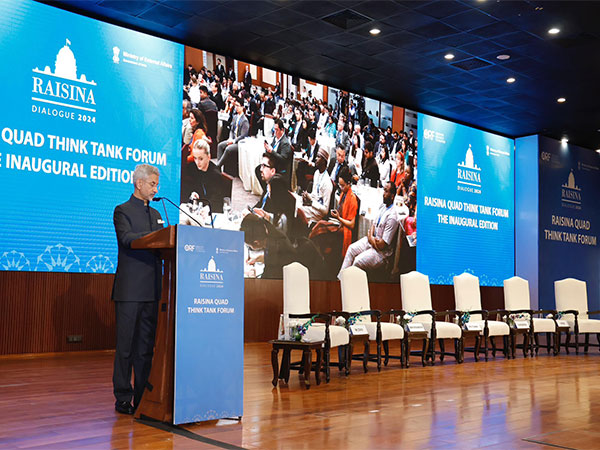
India’s “strong commitment” to Indo-Pacific deepened strategic ties with Quad members: Jaishankar at Raisina Dialogue

New Delhi [India], February 24 (ANI): External Affairs Minister S Jaishankar underlined India’s unwavering commitment to the Indo-Pacific region and its deepening strategic ties with Quad members – the United States, Japan, and Australia.
Speaking at the ‘Quad Think Tank Forum’ session of 9th Raisina Dialogue in the national capital on Saturday, Jaishankar delivered a compelling address, outlining three key messages about the Quad’s permanence, growth trajectory, and its commitment to global contribution.
Addressing the audience, Jaishankar emphasised the significance of the Quad, asserting that it is not merely a transient initiative but a steadfast force. He said, “The Quad is here to stay, Quad is here to grow, and Quad is here to contribute.”
This tripartite mission, according to Jaishankar, reflects the Quad’s enduring commitment to fostering a more contemporary, relevant, and impactful collaboration.
The minister urged the participants to actively contribute to making the Quad a more robust and influential force in contemporary geopolitics. He emphasised that such efforts are crucial to align the initiative with global objectives, making “not just the Indo-Pacific, but the world as a whole, freer and more open and much more respectful of international law and a rules-based order.”
Jaishankar shed light on the Quad’s broader collaborations, highlighting two notable initiatives that align with global good. “One is the Indo-Pacific Maritime Domain Awareness Initiative, under which data is being supplied for countering illicit maritime activities and responding to climate-related and humanitarian events,” said Jaishankar.
The second initiative, the Indo-Pacific Economic Framework (IPEF), is progressing steadily and seeks to establish alternative economic engagement mechanisms, the EAM said.
He added, “India and 13 other countries are negotiating the text of agreements under IPEF” to address issues like supply chains, clean economies, sustainability, and digital economies, among others.
Jaishankar commended the increasing global interest and engagement in the Indo-Pacific, with several countries issuing policies and strategies tailored to the region. “I mention -Australia, Indonesia, France, Japan, Netherlands, EU, Bangladesh among them,” he said.
“Although each of these policies have a different approach and nuance; they are suited for their particular national circumstances – they all have a single message which is that they attach importance to their engagement with the Indo-Pacific and underline their desire to uphold maritime security and freedom of navigation,” the EAM also said in his address.
He also highlighted the enhanced outreach and engagement by like-minded partners, as evidenced by increased diplomatic missions, trade, investments, and naval visits in the Indo-Pacific region.
Jaishankar addressed concerns about ASEAN centrality, emphasising its crucial role in the Indo-Pacific landscape.
He discussed two aspects related to the ASEAN that align with the Quad’s direction and objectives. “One, that we have initiatives which may be outside the ambit of the Quad but which broadly support the direction, the vision and the objectives of the Quad and one of them has been the Indo-Pacific Oceans Initiative, which was launched by India in 2019 and we have really been pleased to see that all our Quad partners and a number of others have today joined in leading or co-leading the eight pillars of this initiative.”
“The other aspect is the issue of ASEAN centrality because that has come up both in the context of Indo-Pacific and the Quad. Sometimes, it has been suggested that somewhere these two concepts have diluted ASEAN centrality. I think anybody who doubts ASEAN centrality, when they look at the map of the Indo-Pacific, clearly missed their geography classes at school. And not just the geography class, I think they have probably passed up on all that has been happening in terms of the East Asia Summit process and how that today is actually a very unique and I would say irreplaceable architecture for this part of the world,” he noted.
Reflecting on the dynamics within the Quad, Jaishankar noted a “growing comfort” among Quad countries in working with each other. The strong consensus in strategic outlooks has contributed to the transformation of India’s bilateral partnerships with the three Quad countries.
“So, it is very interesting dynamic which is improving bilateral relations contribute to Quad and deepening Quad in turn, actually strengthens the bilateral relationship. And you can see this in the elevation of our defence and security cooperation, in growing commercial and economic linkages, in technology collaborations, and in people-to-people ties,” said the External Affairs Minister.
Raisina Dialogue is India’s flagship conference on geopolitics and geoeconomics, committed to addressing the most challenging issues facing the global community.
Greek Prime Minister Kyriakos Mitsotakis was the chief guest and keynote speaker at the 9th Raisina Dialogue. He inaugurated the dialogue with Prime Minister Narendra Modi on February 21. (ANI)

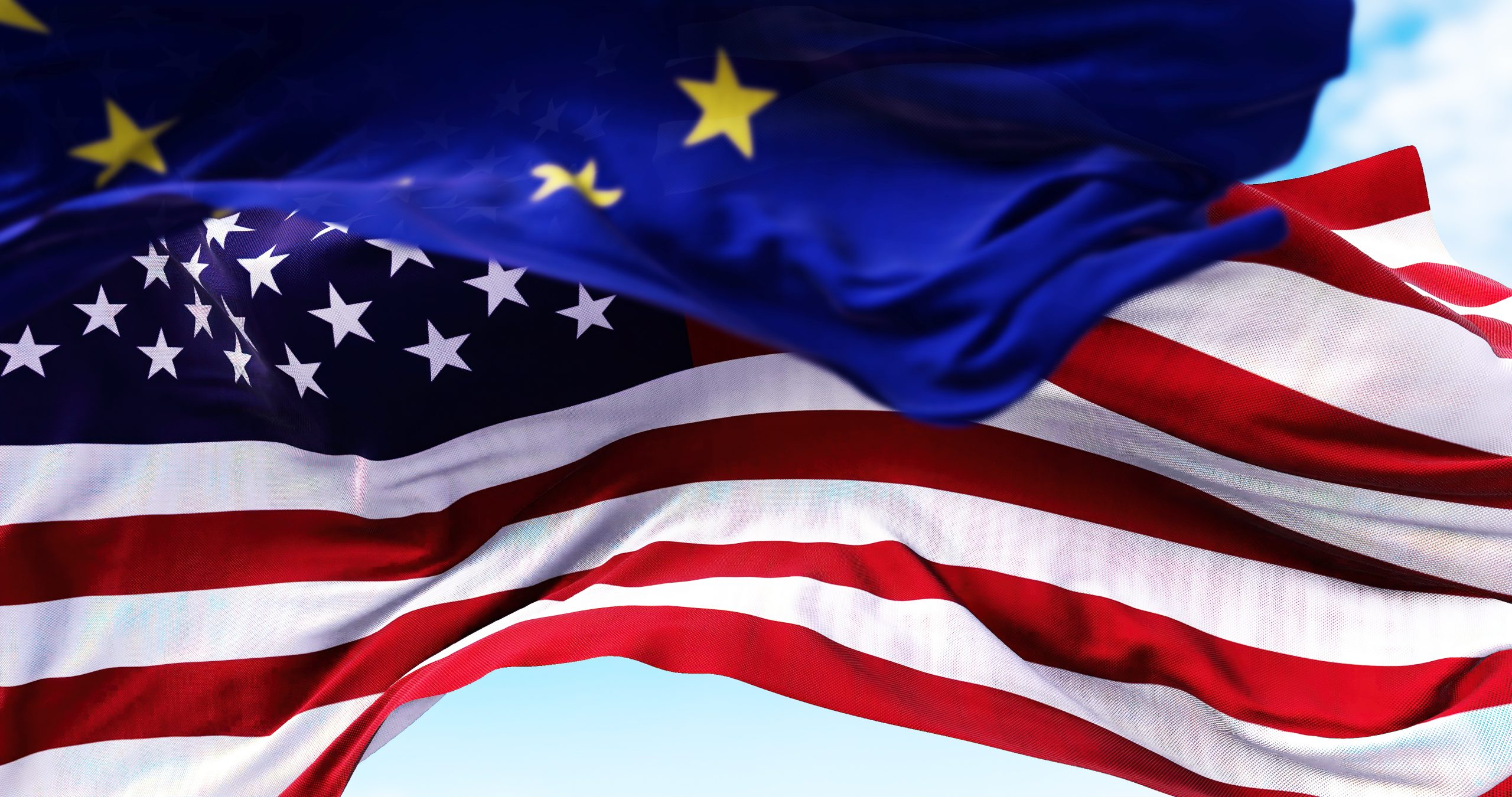
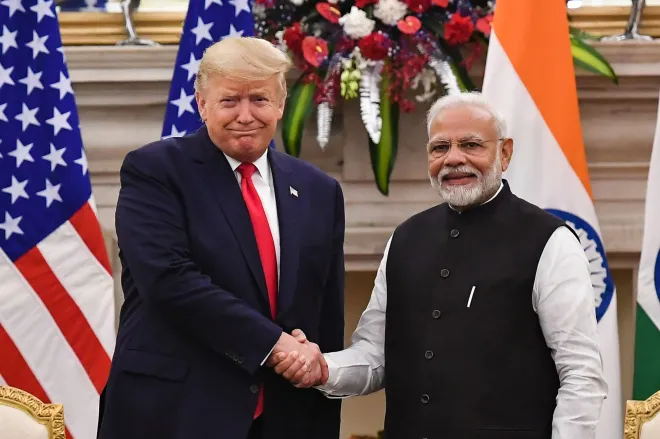
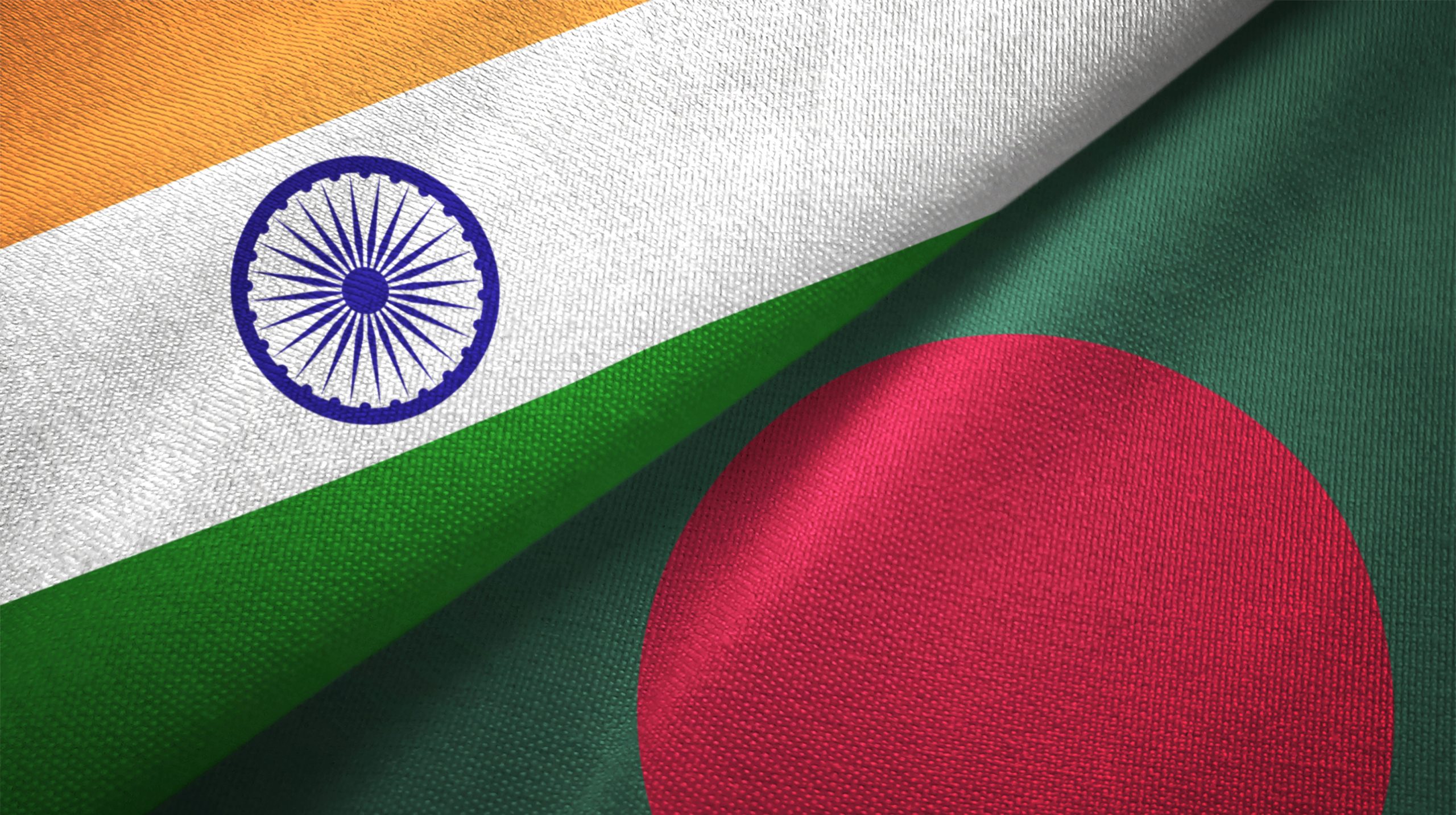

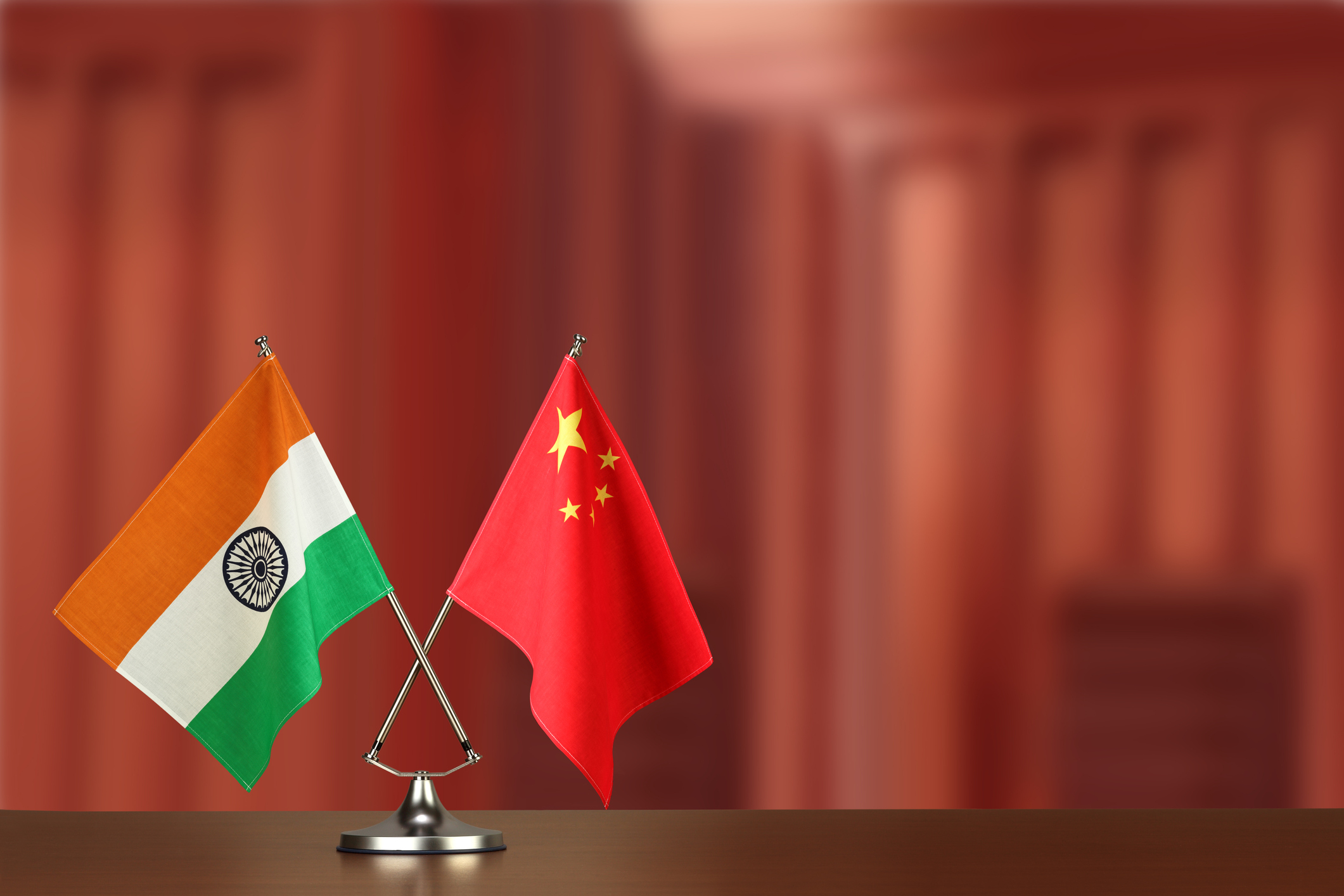
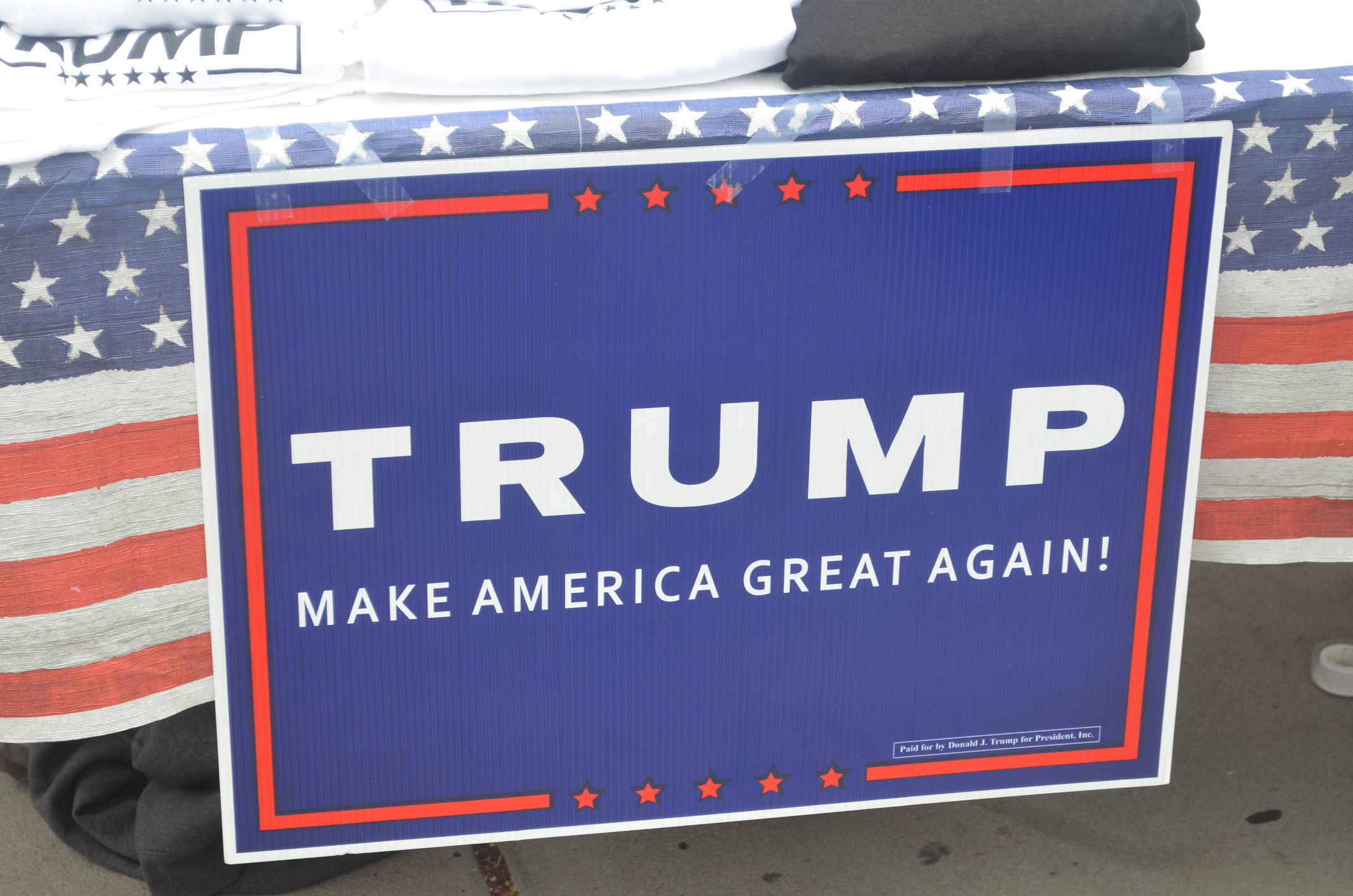
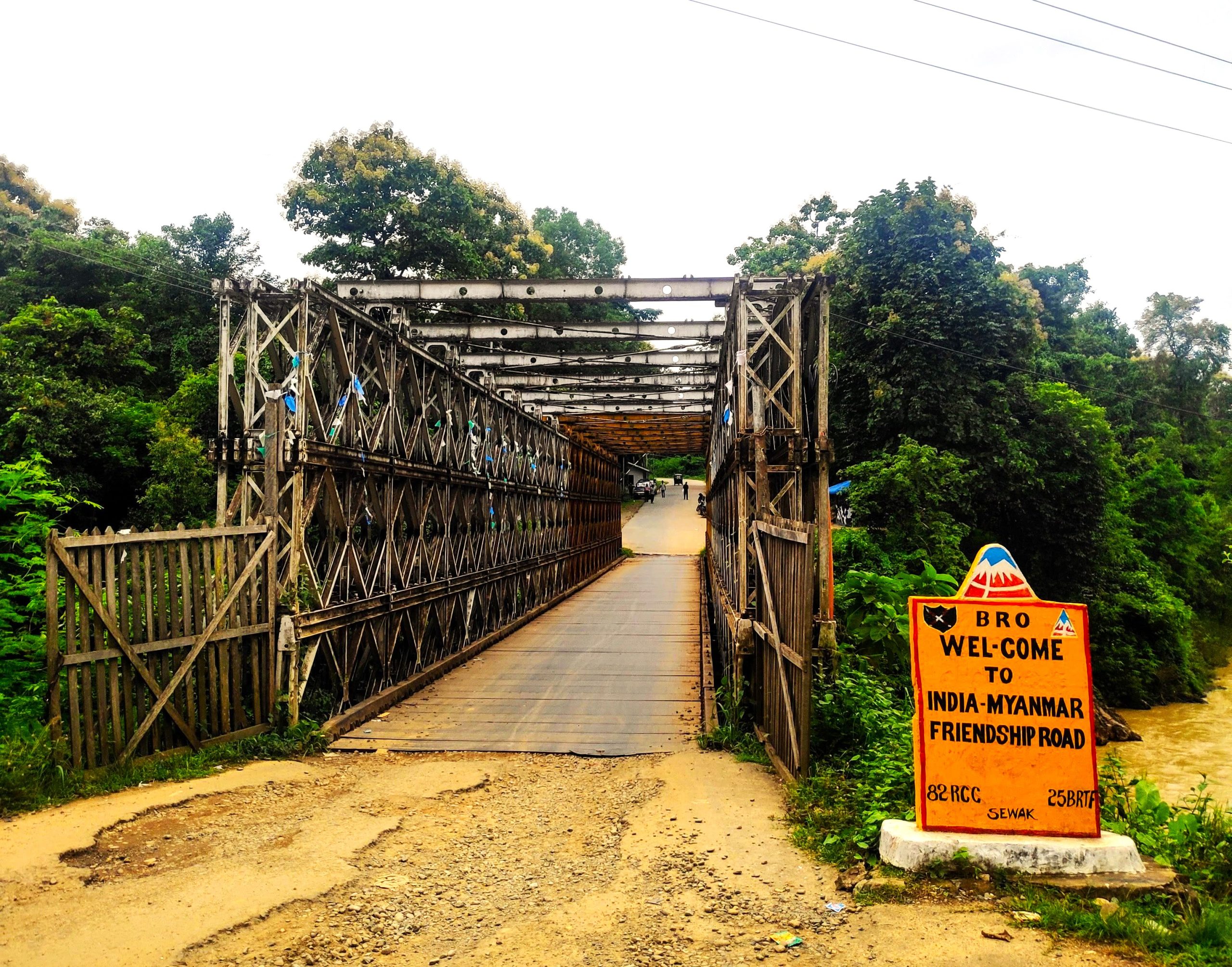

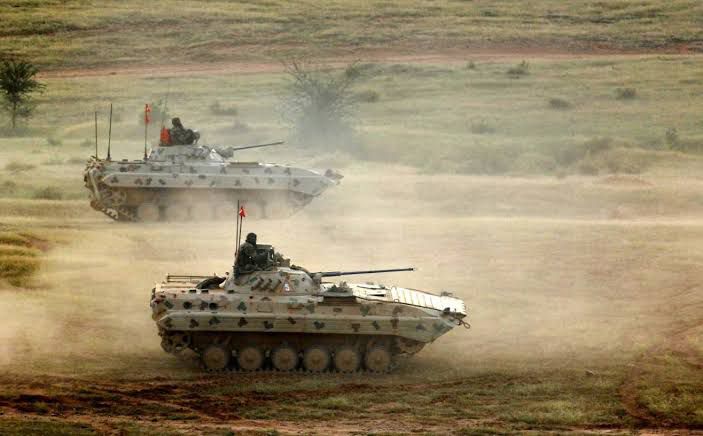







POST COMMENTS (0)